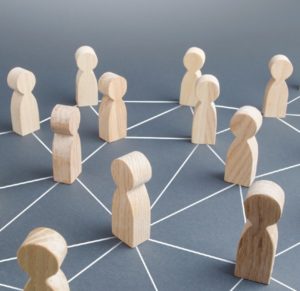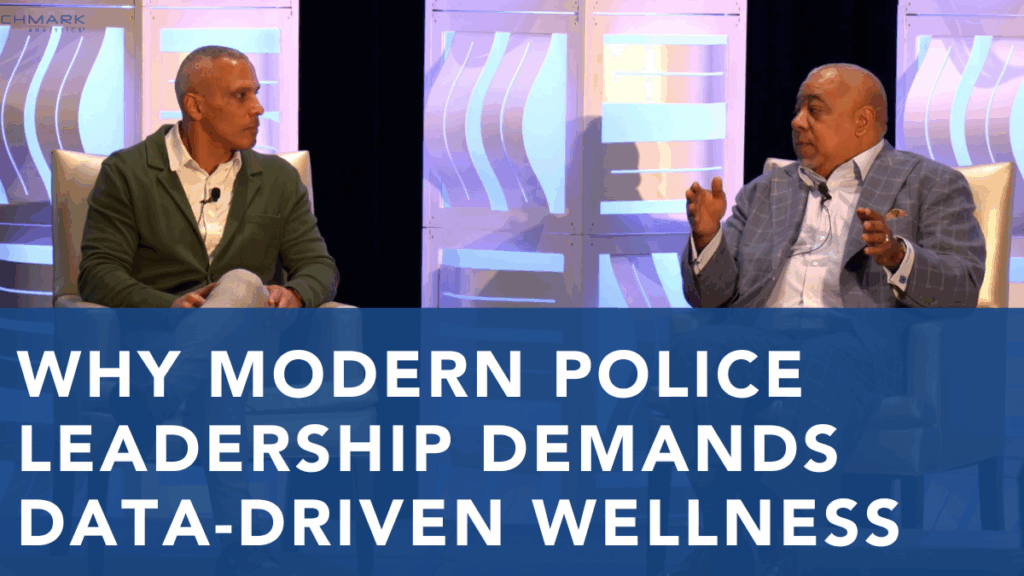New Research-Based Methods in Law Enforcement Training
Posted
July 22, 2021
Share:
Though new tools and tech have continually changed policing there is one tool that has experienced few fundamental changes over the years: the human mind. Law enforcement officers practice their profession in some of the most complex working conditions imaginable. While the value of new, physical tools used by officers is hard to dispute, it is new research into the function of the mind in these demanding working conditions that is producing new thinking in the world of law enforcement. Relatively recent breakthroughs in neuroscience and in the social sciences are contributing to a new understanding of how law enforcement officers use their social skills, emotional intelligence, and empathy to better do their jobs. In this article, we’ll look at a few of the specific ways in which this new understanding is changing law enforcement training.
Research-Based Police Training
There is a long-standing practice in policing of incorporating the latest in philosophy, real-world experience, and social-science research into law enforcement training curriculums. This goes back to the foundation of modern policing in which new ideas and observations around industrialism and urbanism were, in turn, used as arguments for a professionalized approach to law enforcement. Moving into the 20th century, discourse and research emanating from the worlds of psychology, sociology, and criminology led to a deeper examination of the very role of police in society. Out of this grew technologies like COMPSTAT and philosophies like community policing which, respectively, served to better understand the broader societal problems facing communities as well as proposing a remedy for these problems.

As science, technology, and our understanding of human interaction increase at a pace never before seen, these new areas of study are being applied to policing. Over the last 30 years we’ve seen the field of neuroscience emerge as a new tool to better understand how officers process the world around them. Using some of the same techniques and tools high-performance athletes use to evaluate their capabilities, researchers are studying the interplay of cognition, muscle memory, perception, and much more and how they relate to officer performance. These breakthroughs coming from the study of human interaction and cognition are leading to innovations in law enforcement training that will improve the working environment for officers as well as community relations and perceptions of law enforcement.
Countering Implicit Bias
Common in reform dialog are calls for training to address implicit bias. The goal is to counter unconscious biases people hold about others that impact reactions and split-second decision-making. These biases exist throughout different countries and cultures, affecting everyone from doctors and police officers to more common professions like store clerks and restaurant servers. The challenge for educators and law enforcement trainers is finding meaningful ways to counter a bias that for most is, by definition, a product of the unconscious mind.
The prevailing notion is that by being aware of and understanding these biases, people can take the first steps in learning to work to improve reactions based upon them. While there is some research that suggests these trainings can be helpful, there are other studies that indicate these types of training, if executed poorly, can actually have the opposite effect. Research into the efficacy of implicit bias training is ongoing and it is generally agreed that further research is needed to fine-tune learning approaches for maximum benefit.
De-escalation
It has been stated that “with the possible exception of implicit bias training, no other training is more demanded by policymakers, police executives, […and] citizens than de-escalation training”. Often, these two types of training work hand-in-hand as a part of a broader effort for training-led reform efforts. De-escalation is also often seen as an outgrowth of the core values of community policing, another prominent and ongoing reform effort.
Training typically focuses on elements like verbal and non-verbal communication styles (body language, etc.), building rapport with subjects, and, when needed, physical intervention techniques that minimize the risk of harm. As a relatively new type of police training, there is still much to learn about the best practices and methods by which to instruct officers on de-escalation. A primary point of discussion in research as to its efficacy revolves around maintaining officer safety and that of the general public.
Interpersonal skills
Not so much a defined training curriculum as it is a philosophy, there are many researchers in the field of policing that believe a more holistic and multi-disciplinary approach in policing starts with an emphasis on recruiting and training officers for interpersonal skills. Policing is an extremely complex profession that requires officers to be prepared for a huge variety of interactions at the beginning of each shift. A growing body of research is showing that officers benefit from employing emotional intelligence and empathy much in the same way their other technical training prepares them for the unpredictability of the job.
Much of the fundamental framework of this philosophy relies on research that shows empathy is critical for building public trust on both the micro and macro levels. Using empathy on the job can be a critical factor in many instances; for example, responding to a domestic violence call – where gaining the trust of the victim is crucial. It can also foster growth of compassion and the reduction of compassion fatigue within an agency which tends to promote a culture of peer support that is vital in helping officers deal with the stress of their profession.
Always Improving
The likes of threat assessment techniques, intelligence gathering, and technical expertise will always be major components of law enforcement training. However, as researchers continue to hypothesize and gather evidence, it is the study of the role of the mind and human intelligence that’s arguably growing the quickest in terms of its importance.
While more research is, as always, needed to refine our understanding of the importance of the mind and emotional intelligence in policing one thing is becoming clearer – officers and departments that embrace training focusing on these factors tend to see better outcomes for their officers and the citizens within the communities they serve. Benchmark Analytics supports these departments and their leaders by providing research-based police force management and early intervention systems aimed at elevating the profession of policing.
Related Posts
Ready to Experience the Benchmark Difference?
Benchmark Analytics and its powerful suite of solutions can help you turn your agency’s challenges into opportunities. Get in touch with our expert team today.



